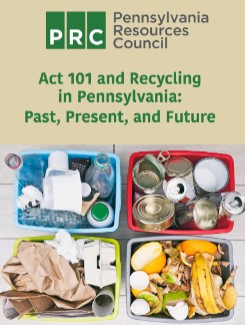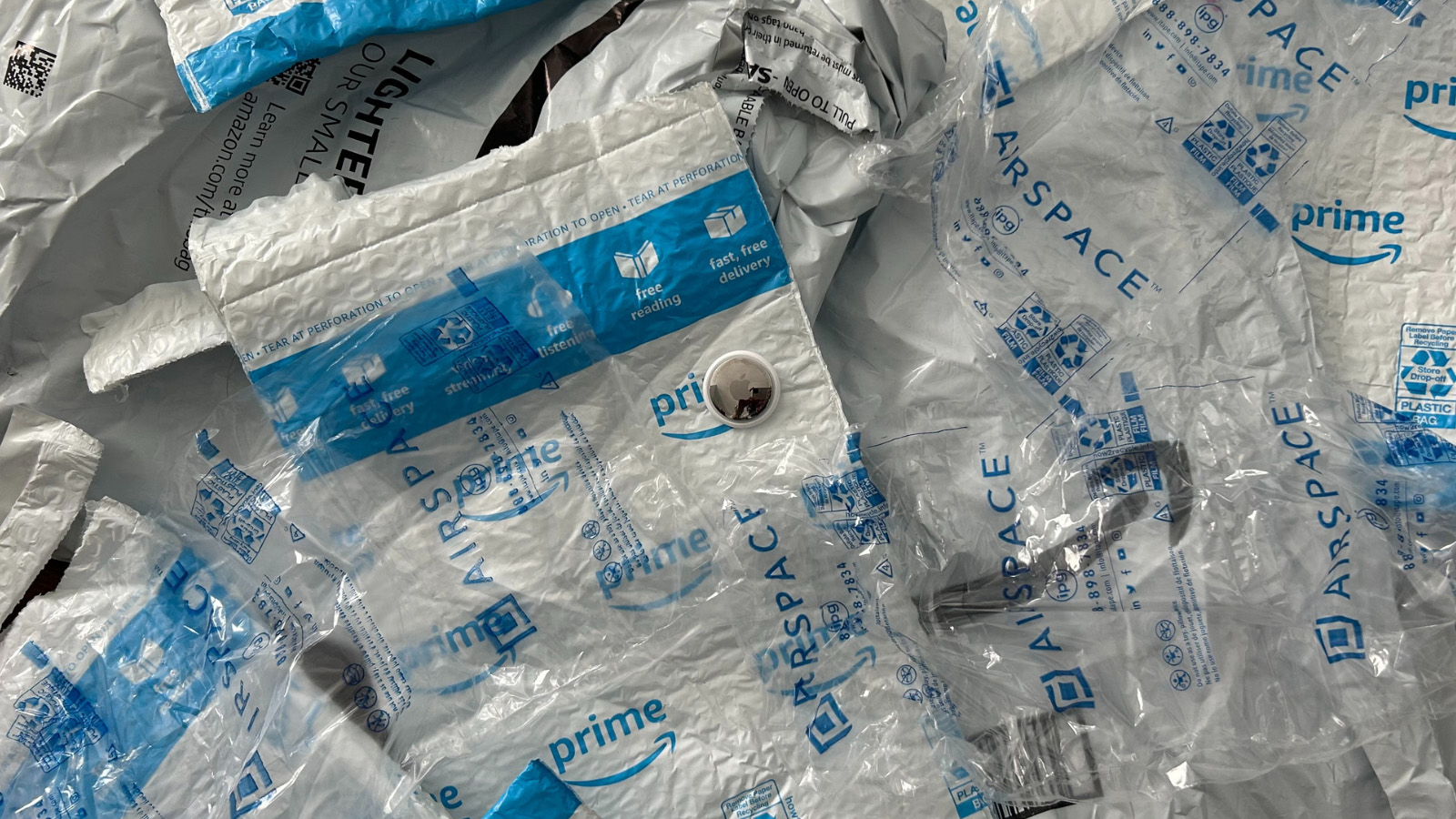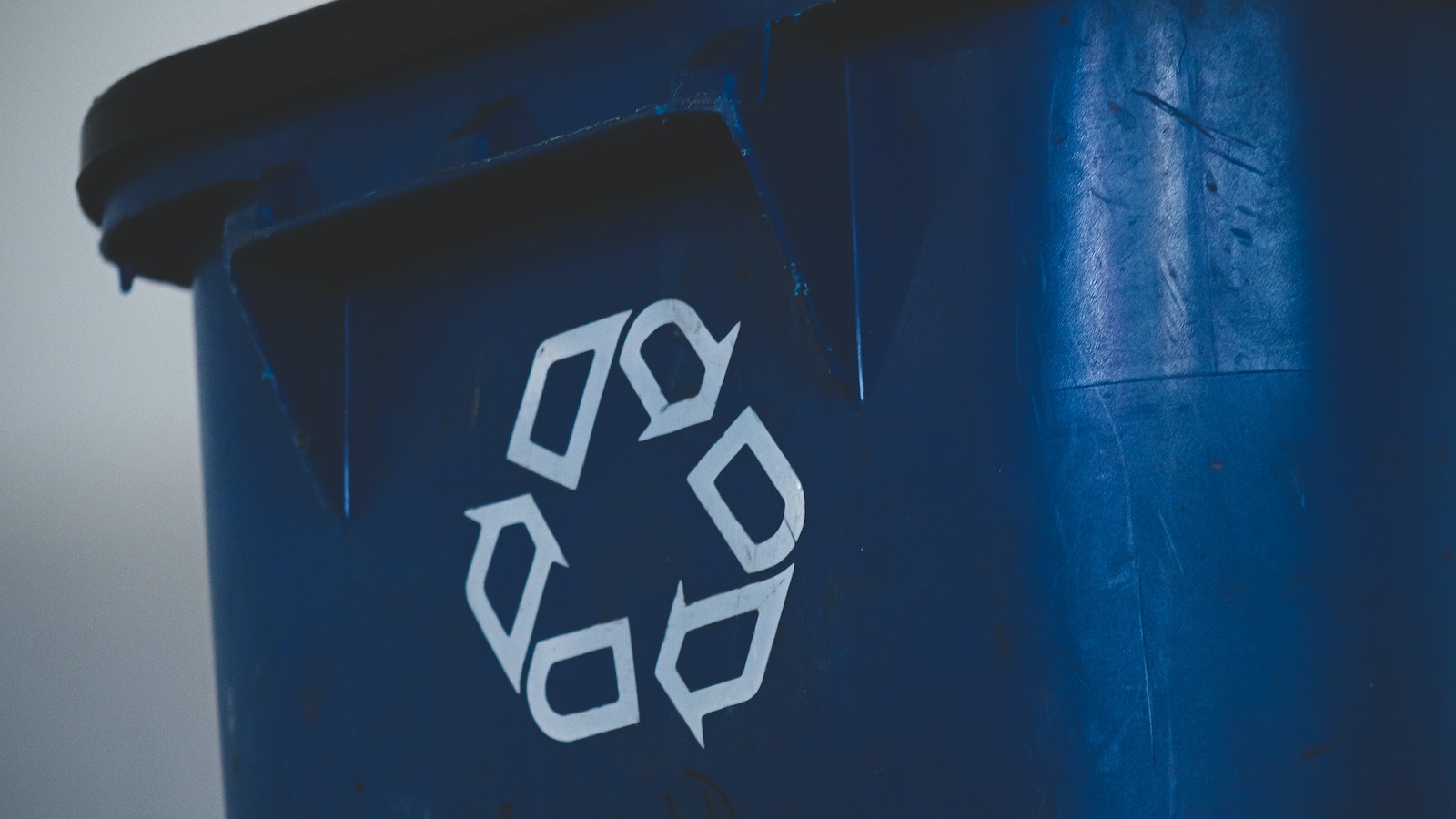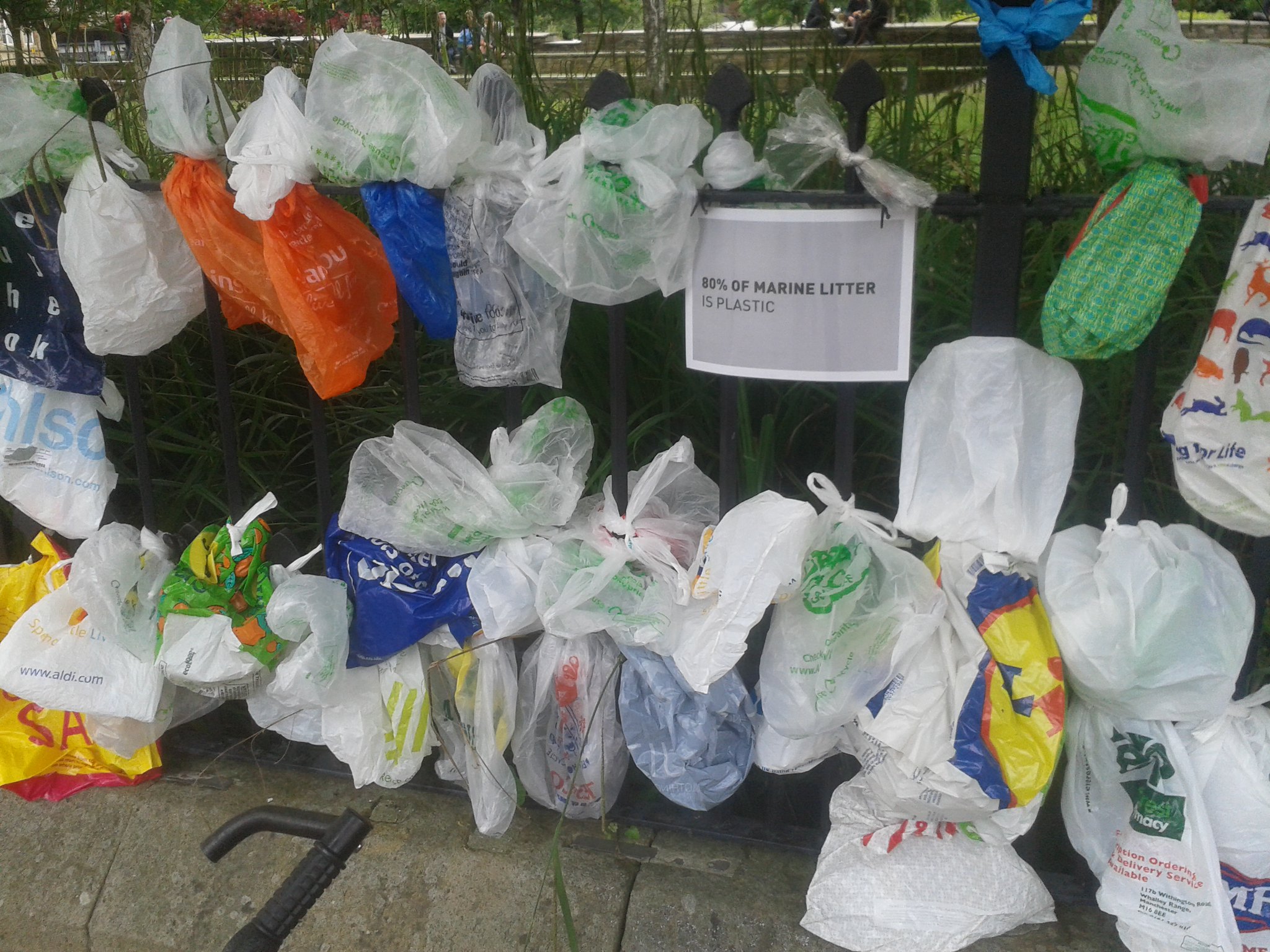Testimony in Support of HB 1607: Expanding E-Waste Recycling in Pennsylvania
Testimony by PennEnvironment's Zero Waste Advocate Faran Savitz Before the PA House Consumer Protection, Technology & Utilities Committee
Downloads
Good morning. I’d like to start out by thanking Chairman Matzie and the members of the House Consumer Protection, Technology and Utilities Committee for allowing me to testify at today’s hearing on House Bill 1607, on the topic of tackling electronic waste in the Commonwealth. My name is Faran Savitz, I’m the Zero Waste Advocate with PennEnvironment. PennEnvironment is a statewide, citizen-based environmental nonprofit group dedicated to ensuring that all Pennsylvanians have clean air, clean water, and a safe and livable climate.
I’m here today to speak in support of House Bill 1607, Representative Lisa Borowski’s legislation to update and improve Pennsylvania’s existing electronic waste recycling infrastructure. This bill would increase funding for e-waste recycling programs, increase the number of drop-off locations for e-waste, and make it cheaper for all Pennsylvanians to dispose of their electronic waste by updating electronic waste recycling infrastructure in the Commonwealth.
First, I’m going to talk about why it’s important to address the problem of e-waste and why recycling is our best option for this particular type of waste. Then I’ll talk about the challenges facing Pennsylvanians when it comes to recycling e-waste. Lastly, I’ll talk about what HB 1607 does to address those challenges and why PennEnvironment supports this legislation.
Taking a step back: since the slogan “Reduce, Reuse, Recycle” was popularized in the 1970s, there have been significant changes to the items that make up our waste stream–not just in Pennsylvania, but nationally and across the globe. For example, we have single-use plastics and other waste that create disposal challenges for the Commonwealth. We live in a world where we have “planned obsolescence”–products specifically designed to become useless or dated in a certain time period. Many items, especially electronics, have shorter and shorter lifespans, they’re meant to be thrown away after we use them. And one of the biggest challenges in recent decades has been what to do with the growing amount of waste that’s created in a more technologically advanced world, where everyone has smartphones, laptops, home computers, large screen televisions, and other electronic devices.
Electronic waste, often referred to as “e-waste”, is the fastest growing part of the waste stream in the United States. Since 2000, the amount of e-waste generated each year has seen a 42% increase. And this shouldn’t be surprising, given how much technology we use in our lives. Americans own more than 3 billion electronic devices, that’s around 24 per household. They range from large items like TVs to smaller items like your computers, phones, headphones, and so much more. Twenty years ago we didn’t have smart phones, smart appliances, or many of the gadgets that we use daily. The contrast is even more stark if we go back 35 years to when Pennsylvania’s cornerstone waste and recycling law, Act 101, was passed: there were no flat screen TVs and laptop computers were almost non-existent. The types of electronics we buy, use, and dispose of change and evolve constantly, but our systems for recycling and addressing this waste stream in Pennsylvania haven’t changed to match them. Which is why it is such a problem that only 30% of e-waste gets recycled, leaving behind millions of tons of waste.
Many of these items have short lifespans and need to be replaced frequently. Think about the new iPhone that was just released. Millions of Americans will be getting rid of their old phones to upgrade to this new one. Every day, Americans throw out 416,000 cell phones. And it’s not just phones, the new model uses a different charging cord, so all the millions of people getting new phones will be getting new chargers and throwing out the old. When Act 101 was passed, VCRs were everywhere, since then, they’ve been replaced by DVD players, which were replaced by Blue Ray, which was replaced by streaming. All these products become waste, and that waste adds up.
Unlike most of our solid waste, electronics should not be going to a landfill or an incinerator, in fact in Pennsylvania it’s illegal to include most e-waste in our solid waste. They contain heavy metals, combustible parts, and toxins that need to be disposed of in a proper manner. This causes some individuals and businesses to improperly dispose of their waste or, even worse, illegally dump it on roadsides, in vacant lots, and directly into our environment like in forests or on public lands. Although this would be an issue with any waste, it’s especially harmful with e-waste since electronics are one of the most toxic components of the waste stream. Having them enter our environment poses a threat to wildlife, our water quality, and our health.
Discarding e-waste isn’t just bad for our planet, it’s wasteful and uneconomical. Many of the metals and components in electronics are incredibly valuable–such as gold, copper, platinum and silver–and recovering and reusing these metals in new devices should be a huge priority. It’s estimated that the value of unrecovered metals and minerals in e-waste are valued each year at around $57 billion globally. Recycling can recover these metals, eliminating the need for new, costly extraction. It also recovers scrap metal, reusable components, and other valuable parts. That’s a huge amount of resources to throw out when we could be putting them to beneficial reuse, just because of a lack of recycling infrastructure.
In Pennsylvania, we have limited drop-off locations for e-waste and it can often be prohibitively expensive to drop electronics off at these collections. As of 2022, there are only nine sites that offer unrestricted access to e-waste recycling out of the 443 total e-waste collection sites throughout the state. These nine sites only cover 21.1% of Pennsylvania’s population, and only 5.1% of Pennsylvania’s geographic land area. Often the only access Pennsylvanians have to e-waste recycling are collection events put on by private companies or by municipalities and counties at great expense. These events happen only once or twice a year, if that, and often serve large areas. Often when people show up, they may have to wait hours to recycle their electronics. It’s time intensive, costly, and hard to navigate, which is why some people turn to short dumping and improper disposal, or squirrel it away in their basements and garages hoping for a better solution to come around.
Representative Borowski’s legislation to update and improve Pennsylvania’s existing electronic waste recycling infrastructure is modeled after successful legislation used in other states and would require purchasers of electronics to pay a small deposit that would be used to fund e-waste collection and recycling. Given all the challenges outlined above, PennEnvironment supports HB 1607 for the following reasons:
- It will increase funding for Pennsylvania’s e-waste recycling programs;
- Increased funding will lead to increased access to e-waste collection, recycling centers, and drop-off locations across Pennsylvania;
- It will eliminate drop-off fees for most e-waste items and make electronic recycling cheaper for state residents and businesses overall;
- It will ease the burden on counties and municipalities which are struggling to provide these services, while not harming the manufacturers or retailers of electronics; and
- Increased access to e-waste recycling will help stem the flow of toxic and harmful materials into our environment and help protect not just our wildlife, but our own health.
Given that, I hope that this committee will bring up and pass HB1607.
It’s past time we updated electronics recycling in Pennsylvania. Passing this bill would position us as a leader on the issue and benefit all Pennsylvanians.
Thank you.
More Resources

Act 101 and Recycling in Pennsylvania: Past, Present, and Future
Letter in Support of Electronic Waste Recycling
Topics
Authors
Faran Savitz
Zero Waste Advocate, PennEnvironment
Faran works on PennEnvironment’s Zero Waste program, working to reduce plastic waste in Pennsylvania and to protect our parks and open spaces. Faran’s work has included helping to write and pass bans on single-use plastic across Pennsylvania, including in Philadelphia, promoting the Zero Waste PA package of legislation, protecting major conservation laws like the Land and Water Conservation Fund, and publishing the report “Microplastics in Pennsylvania,” which was the result of a project testing more than 50 Pennsylvania waterways for microplastic pollution.
Find Out More

Truth in recycling
Letter in Support of Electronic Waste Recycling

Letter in Support of Increased Funding for Recycling

